Cannabis Concentrates: Live Resin
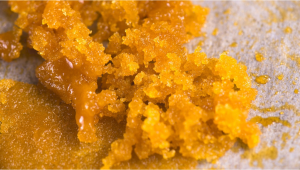
- 1. Live resin
- 2. What is live resin?
- 3. Why is live resin different?
- 4. How is live resin made?
- 5. What is the difference between live resin and the other types of concentrate?
- 6. Is live resin a full-spectrum extract?
- 7. In conclusion
Live Resin is a concentrate that has a higher terpene content than other concentrates. This is because the plant material used goes through a process that preserves not only terpenes but the extra oils in the plant.
1. Live Resin
Once a cannabis plant is harvested there are numerous processes between when she is cut-down to when you consume it. Each and every one of those processes has the potential to remove the compounds that we look for (like terpenes), resulting in less flavor and aroma, and may ultimately result in a less potent effect.
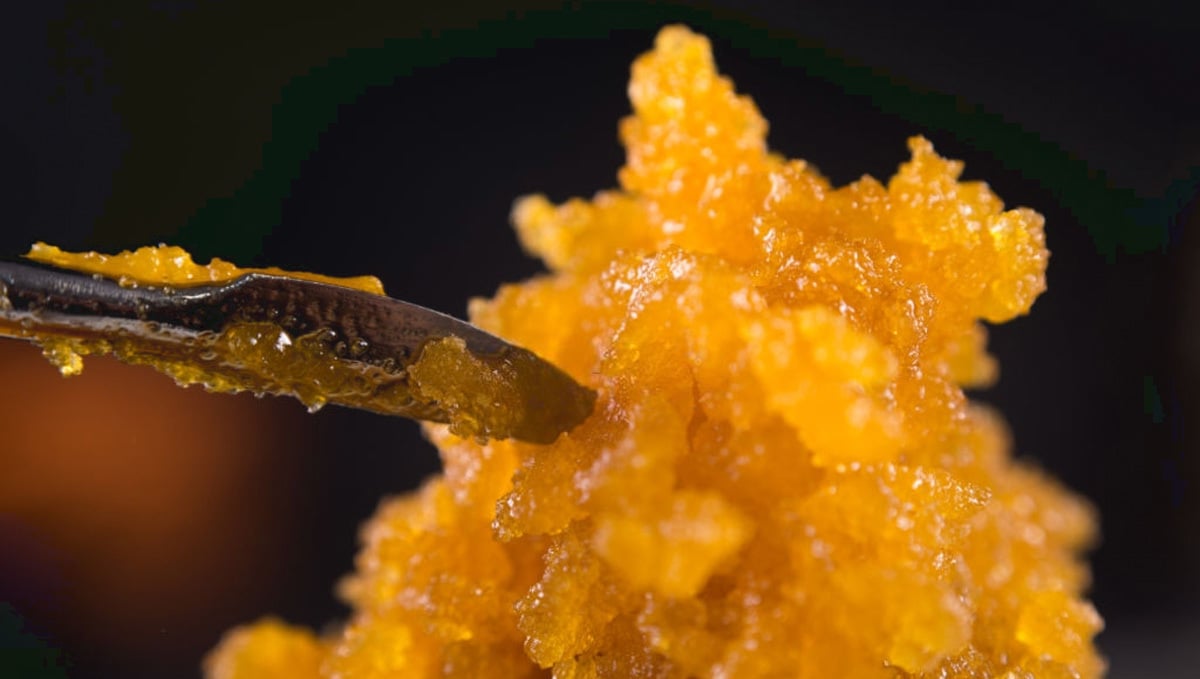
Live resin is an effective way to capture all the flavors and aromas, resulting in a concentrate that ends up with a strong smell like the living plant during the final weeks of flowering.
2. What is Live Resin?
Live Resin is a type of concentrate high in terpenes, the concentrated oil tastes and smells like living cannabis.
This type of concentrate doesn’t need the drying and curing process other concentrates need. By harvesting and freezing plants, the cultivator can preserve their product almost perfectly.
The most important aspect for users is that live resin can provide more accurate high, aroma, and flavor than any other concentrate and maybe one of the only concentrates that provides all the unique effects we look out for when consuming a specific strain.
3. Why is Live Resin Different?
Live Resin, unlike other extractions, is a really good representation of the plant.
Due to the process it goes through, live resin holds if not all, almost all of the terpenes and cannabinoids. It can be found in a variety of viscosities like budder, wax, and jelly among others.
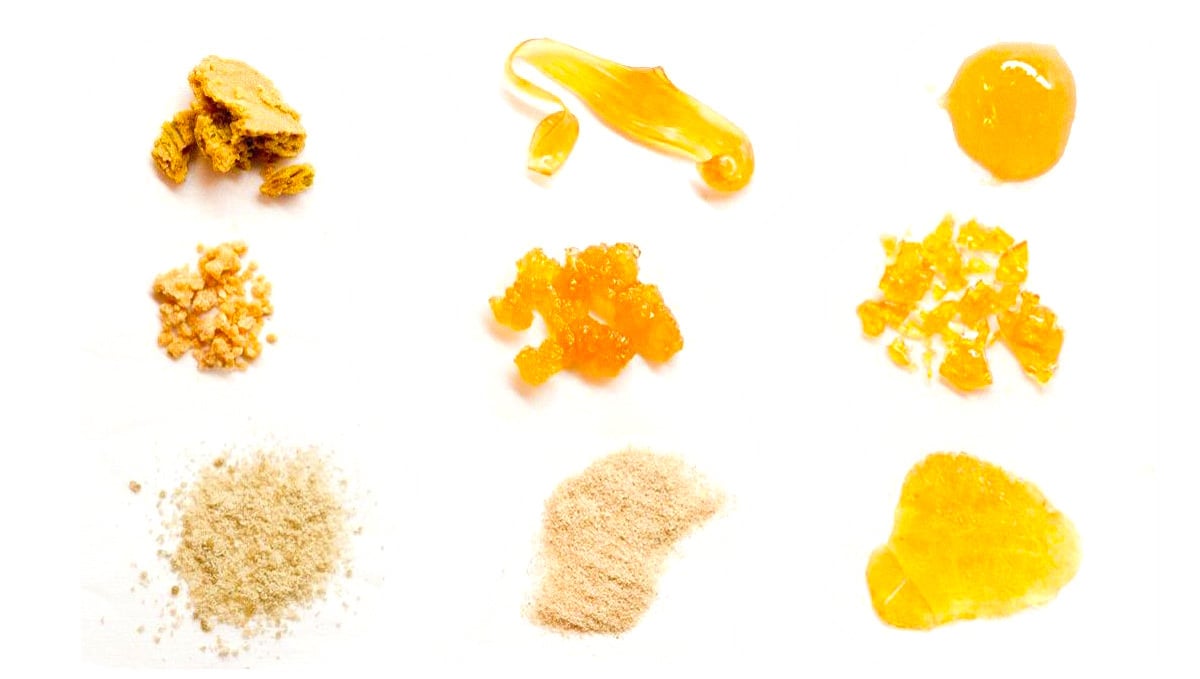
But it is popular mainly for its huge amount of terpenes and flavor, making it the best way to consume the whole spectrum of cannabinoids and terpenes, being just behind flowers.
4. How Is Live Resin Made?
Live Resin is not something that can be made at home, it requires special equipment and knowledge.
The process begins immediately after the plant is cut down. As you may know, terpenes evaporate easily by heat, light, or just by the simple touch, to stop the loss of terpenes the whole plant is quickly frozen.
Note: Normal extractions (dried and cured) can lose up to 60% terpenes before reaching you.
But freezing the whole plant comes with some difficulties, frozen trichomes are extremely fragile so the plant has to be handled with extreme care. It’s really difficult to handle plants without damaging (especially trichomes), as you may know, some cannabis plants can grow a lot.
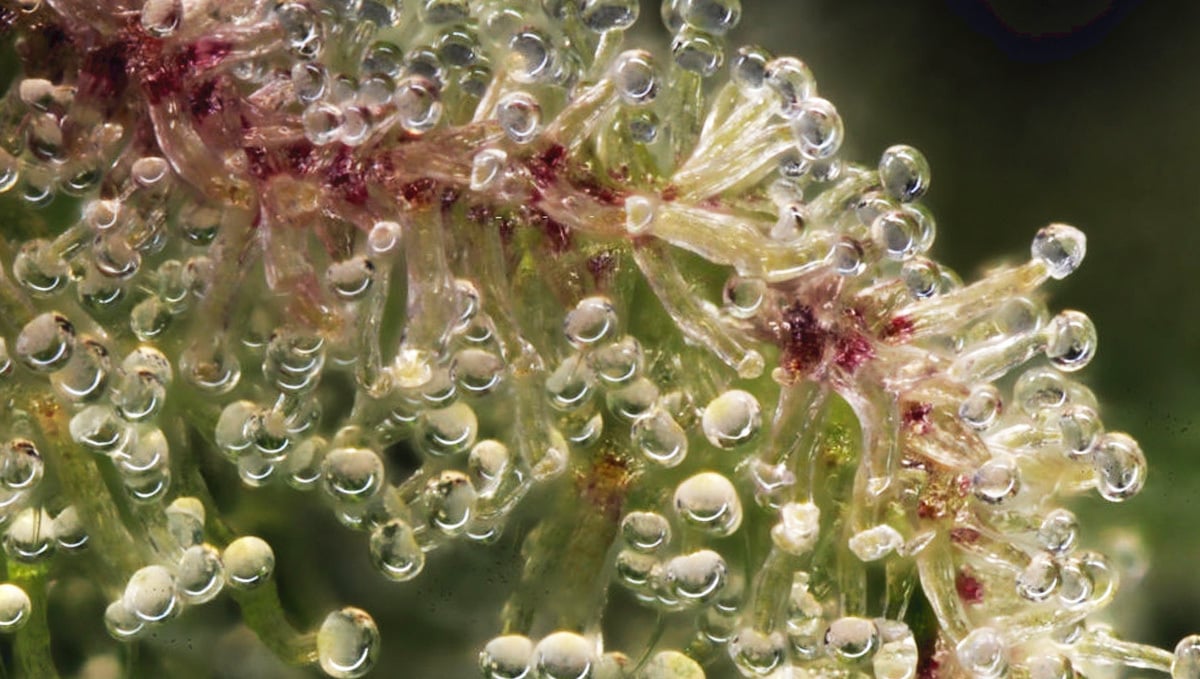
The other problem is fresh-frozen plants have a high water content, due to this, extracting live resin has to be done at subcritical temperatures.
Differently from other extractions that reach -18 Celsius (0F), the temperature needed for live resin is between -29C to -46C (-20F to -50F), this is extremely difficult to achieve during the entire process and only specialized commercial freezers and cold rooms can reach such low temperatures.
Decreasing the temperature below to zero makes the toxins separate themselves from the cannabis oils, this way they can be removed to ensure a much cleaner product (this process is called precipitation and can’t be done at home without special equipment).
The easiest (and safest) way to make live resin is through a closed-loop extraction system. These systems are super expensive (starting at U$10,000) and require special knowledge to be operated.
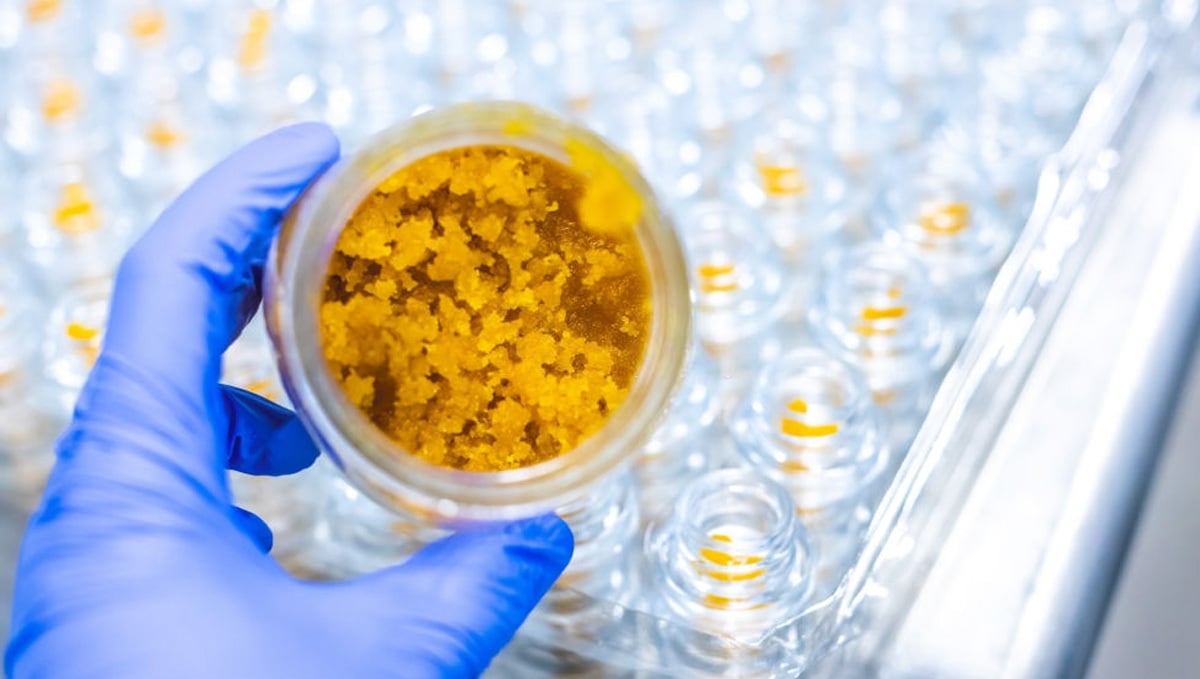
Closed-loop extractors work by putting the solvent (usually butane) under pressure and then cooling it down to extremely low temperatures. The liquid is then passed through a tube that holds the fresh-frozen plant matter.
It’s in this tube that the butane pulls the terpenes and cannabinoids from the plant.
The liquid butane now containing all the cannabinoids and terpenes then passes into a chamber called the dewax chamber. This chamber removes all the lipids and waxes, this purifies the extraction and makes it ready for human consumption.
Finally, the solution containing all the compounds from the plant is stored in the collection chamber where light heat is applied to evaporate the butane. The butane is then returned to the storage chamber and chilled to be used again.
What you’re left with is a concentrated live resin oil full of cannabinoids and terpenes.
5. What Is The Difference Between Live Resin And The Other Types Of Concentrate?
Live Resin is a type of concentrate that is made by freezing the freshly harvested cannabis and keeping it at subcritical temperatures before and throughout the extraction process.
This method is different from other extraction processes in the amount of time the plants are dried and cured before the extraction.
The drying and curing process that cannabis usually goes through can have a huge impact on terpenes. Other types of extractions are allowed time to drain out moisture and any chlorophyll left.
During this time the trichomes are exposed to conditions that are not favorable to their preservation, such as heat, oxygen, agitation, and light.
6. Is Live Resin A Full-Spectrum Extract?
Full-spectrum are cannabis extracts that contain the full (or as much possible) cannabinoid and terpene profile the raw cannabis plant offers.
Depending on how the plant is processed, live resin can be considered a full-spectrum extract.
Not all full-spectrum extracts need complex equipment. Dry-sift hash (kief) is a full-spectrum concentrate, for example.
7. In Conclusion
Live Resin can be considered the best type of extraction available. It may not be the strongest or highest in THC than others but it surely contains the most terpenes.
If you are looking for the best type of extraction, this is for you. While THC diamonds can have 70% or more THC but no terpenes for example, live resin will give you the complete experience of a strain, making it the best way to experience a strain other than flowers.








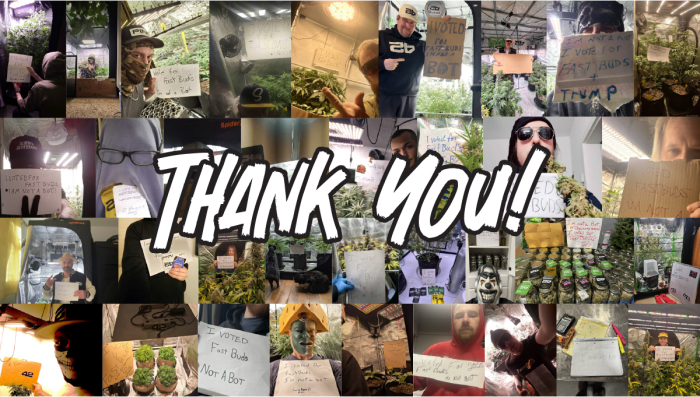
Comments